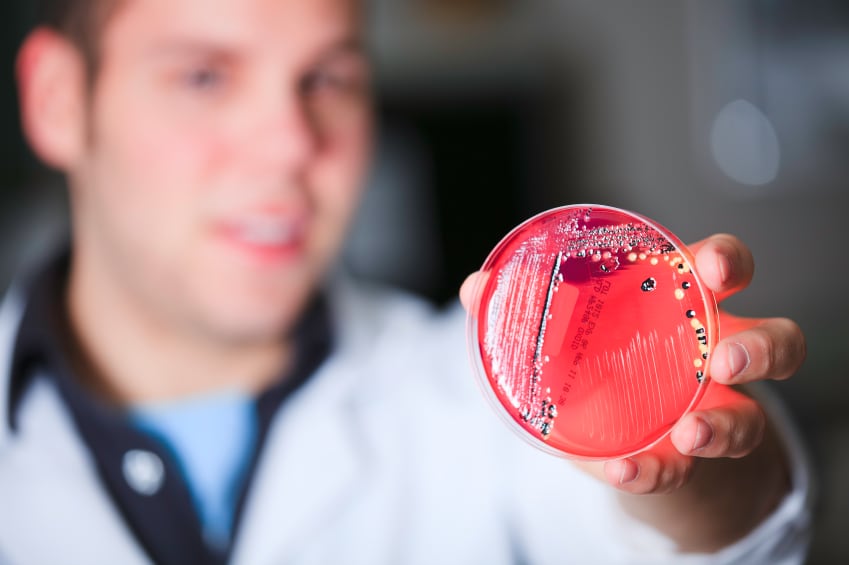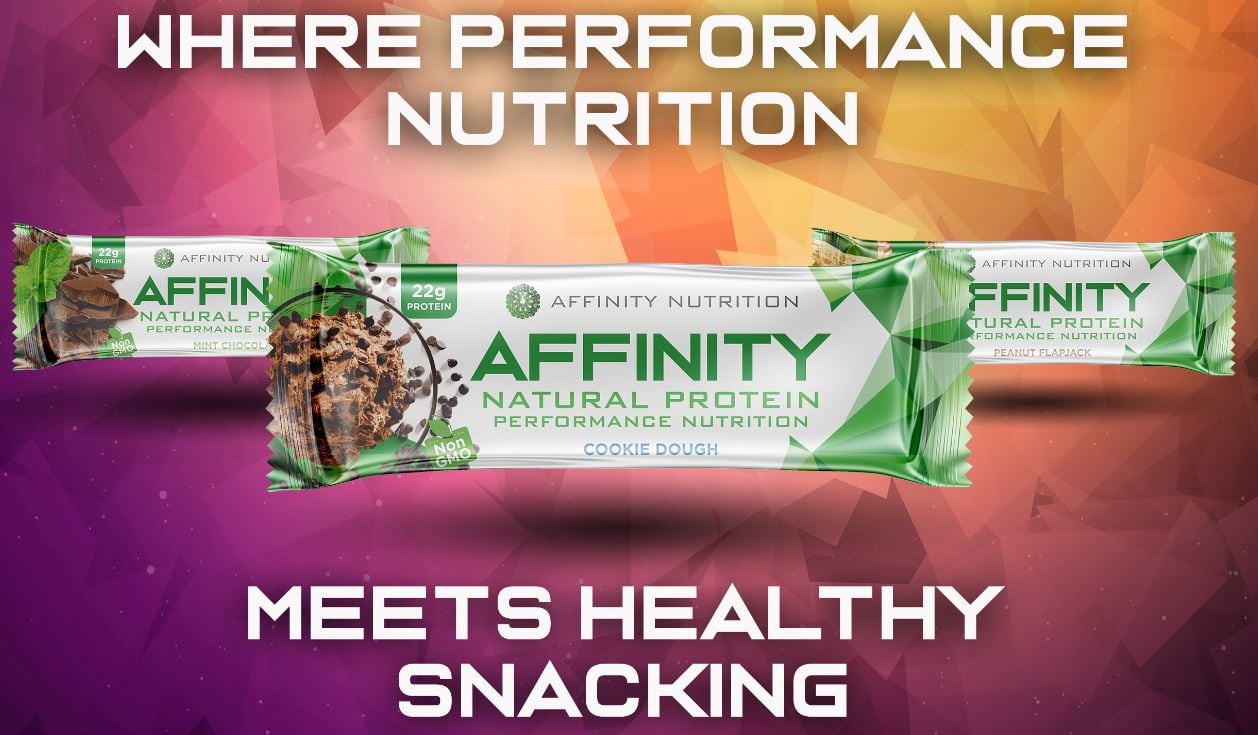Tests found acetic acid levels increased in the presence of maltodextrin and an aspartame-based sweetener whilst levels of branched-chain fatty acids decreased.
Meanwhile, microbiome Shannon α-diversity (a measure of diversity in microbial communities) increased with stevia whilst sucralose and cinnamaldehyde were able to shift microbiome community structure.
“Assuming that the gut microbial dysbiosis seen in patients with Crohn’s disease is a primary defect of the disease, and such species are implicated in disease pathogenesis, our findings suggest consumption of cinnamon-containing food, may exacerbate dysbiosis and influence disease outcomes,” says the team from the University of Glasgow.
SCFA and dysbiosis
Short-chain fatty acids (SCFA) are the end-product of fibre fermentation and are critical bacterial products involved, not only locally in gut health, but in whole-body homeostasis.
Along with an increased microbial diversity, high butyric acid concentration in the gut has been used as an indicator of healthy status of the microbiome.
In contrast, reduced diversity, low luminal production of SCFA and dysbiosis have been proposed as primary events of inflammatory bowel disease, diabetes and obesity.
Recent animal studies suggest that food additives have adverse effects on colonic and cardiovascular health, mediated by the gut microbiome and changes in the gut mucus layer.
It has been shown that food emulsifiers, can increase intestinal permeability, alter microbiota composition and play a role in causing gut inflammation.
Likewise, the body of evidence on artificial sweeteners indicates that there are adverse metabolic outcomes in rodents owing to the onset of microbial dysbiosis.
"There is strong evidence from high-dose, long-term studies, however, that low/no calorie sweeteners have no adverse effect on gut function or health, which is consistent with the general findings reported in this new paper," a spokesperson for the International Sweeteners Association (ISA) says.
Study details
Along with colleagues from Glasgow’s Royal Hospital for Children, the team took faecal samples from 13 healthy volunteers and fermented them in batch cultures with food additives.
These food additives included maltodextrin, carboxymethyl cellulose, polysorbate-80, carrageenan-kappa, cinnamaldehyde, sodium benzoate, sodium sulphite, titanium dioxide),
The samples were also fermented with sweeteners (aspartame-based sweetener, sucralose, stevia) and domestic hygiene products (toothpaste and dishwashing detergent). Short-chain fatty acid production was measured with gas chromatography.
The team noted that the addition of dishwashing detergent and cinnamaldehyde increased the abundance of operational taxonomic unit (OTUs) belonging to Escherichia/Shigella and Klebsiella and decreased members of Firmicutes, including OTUs of Faecalibacterium and Subdoligranulum.
Addition of sucralose and carrageenan-kappa also increased the abundance of Escherichia/Shigella and sucralose, sodium sulphite and polysorbate-80 did likewise to Bilophila.
Polysorbate-80 decreased the abundance of OTUs of Faecalibacterium and Subdoligranulum. Similar effects were observed with the concentration of major bacterial groups using qPCR.
In addition, maltodextrin, aspartame-based sweetener and sodium benzoate promoted the growth of Bifidobacterium whereas sodium sulphite, carrageenan-kappa, polysorbate-80 and dishwashing detergent had an inhibitory effect.
‘Maltodextrin’s prebiotic properties’
“Previous studies previously describe the bactericidal effects of sodium sulphite on probiotic-type bacteria, common members of the human gut microbiome,” the study team conclude.
“The exact opposite effects were observed for the growth of Bifidobacterium, the cluster B. coccoides and E. coli when either maltodextrin or the aspartame-based sweetener was present.
“This is likely to be because maltodextrin is an artificially produced glucose polymer which, if not absorbed in the small intestine, has prebiotic properties in the colon.
“Therefore, the increase in the probiotic genus Bifidobacterium and B. coccoides and the corresponding decrease in E. coli is most likely due to the fact that the former two use maltodextrin for growth instigating fermentation, production of acetic acid and creating an acidic environment in which E. coli growth is suppressed.”
ISA response
ISA's spokesperson says that while the findings of the study do not find any negative impact of the tested low/no calorie sweeteners, the findings actually suggest some favourable effect of an aspartame-based sweetener on gut microbiota.
"It is important to put this study into perspective," the spokesperson says. "Indeed, on this occasion, aspartame was not studied in isolation, but the tested aspartame-based sweetener was a combination of ingredients, including maltodextrin and acesulfame potassium. Therefore, any effect identified cannot be attributed to aspartame.
"Actually, the authors of the study suggest that most of the effects seen on the gut microbiome may come from maltodextrin, with no major contributions from aspartame or acesulfame potassium.
"Importantly also, aspartame is digested and absorbed in the small intestine, and neither aspartame nor its metabolites ever reach the colon for potential direct interaction with, or effects on, the human gut microbiota.
"From a methodology perspective, caution is necessary in the extrapolation of data from in-vitro experiments to humans. Indeed, in-vitro testing conditions cannot reproduce the whole, complex, interactive system that is present in humans."
Source: Eur J Nutr
Published online: doi.org/10.1007/s00394-019-02161-8
“The impact of food additives, artificial sweeteners and domestic hygiene products on the human gut microbiome and its fibre fermentation capacity.”
Authors: Gerasimidis, K., Bryden, K., Chen, X. et al.




